Lavagem Industrial / Artigos
What is industrial hygiene?
Industrial hygiene is an essential part of a happy, safe and productive workspace. But what exactly is this broad concept.

 9 minutos de leitura
9 minutos de leitura
2021-08-03 12:46:10
Industrial hygiene is an essential part of a happy, safe and productive workspace. But what exactly is this broad concept and how can companies implement it in an environmentally friendly way?
When Bernardino Ramazzini published his first book, he could not have imagined the ramifications it would have in today's world. In 1700, the Italian doctor was the first to collect and process statistical data on the diseases that affected workers. Away from the hospital and clinical wards, within reach of the lucky few, Ramazzini methodically reported what he saw in the day-to-day work on the shop-floor.
Ramazzini argued in favor of a new science: the study of diseases related to the execution of repetitive tasks, without proper working conditions. Along the way, he summarized a set of industrial practices to mitigate them. He called them industrial hygiene.
At the time, which predated the industrial revolution, his work was revolutionary. Managers had to do without even the most basic of data, such as statistics on the number of work-related injuries and fatalities – let alone a set of good international practices on how to improve. Ramazzini’s work was so influential that every year we celebrate the World Day for Occupational Health on the date of his birth.
Over three centuries later, there is little doubt about the importance of a more productive, healthier and happier workspace. All over the world, professionals from different fields and sectors seek to achieve this goal, whose contours have always been difficult to define. Over time, the concept of industrial hygiene has become vaster to respond to the challenges of the 21st century. But what exactly does it mean and how can companies achieve it?
What is industrial hygiene?
Industrial hygiene is a broad concept that goes far beyond food safety. It is more than simply product quality or consumers rights, despite being decisive for both. Gone are the days when managers only cared for it on the eve of inspections or audits, although it is the best way to ensure they go well. It applies to all industries and affects every worker. After all, what is industrial hygiene in its broadest sense?
Industrial sanitation is a set of maintenance, health and safety routines in the workplace. It involves the planning, recognition, assessment, prevention and control of health and environmental risk factors that may have negative impacts on the well-being and safety of employees or others in the workplace's vicinity.
Thus, we leave the component referring to food safety and consumer rights protection for another article.
Industrial hygiene covers an array of dimensions related to health and safety in the workplace, ranging from ergonomics to noise. For instance, in a recent survey of 1,600 workers worldwide, more than half showed that their primary concern about the work environment was none other than air quality, another important factor in industrial hygiene.
These are some of the key elements of industrial hygiene.
Ergonomics
An ergonomic workstation allows for greater productivity, motivation and employee satisfaction. The aim is to eliminate injuries associated with bad posture, but to achieve this it is necessary to involve workers in organizing the layout, provide training and have the right equipment to reduce the number of repetitive tasks.
Temperature
Both high and low temperatures can cause problems. Besides the health issues that come from lack of temperature control, productivity also suffers.
Noise
Prolonged exposure to noise can lead to hearing loss. Industrial hygiene implementation can help tackle noise problems in several ways: from designing a space to be quieter, to selecting the right equipment, and using ear protection when reducing noise is not possible.
Indoor air quality
A number of factors influence indoor air quality, including machine emissions, nearby road pollution, dust from mechanical processes or gas releases. The consequences can range from chronic coughing to nausea and severe headaches. Proper ventilation is important to ensure fresh air enters the work area.
Exposure to chemicals
Workers that are exposed to liquids, vapors or dust, can end up absorbing, inhaling or ingesting chemicals. In particular, cleaning products, fuels and pesticides are especially hazardous to health. To ensure industrial hygiene, it is important to take precautions such as good ventilation and personal hygiene, such as hand washing, which can reduce the amount of chemicals absorbed by the skin. Finally, correct equipment maintenance helps to prevent leaks and damage.
Biological hazards
Living organisms such as fungi, viruses and bacteria can cause infections. Those who work in permanent contact with these organisms are more exposed to biological risks, as in the food or hospital sectors. Proper hygiene (such as hand washing), professional washing equipment, adequate ventilation, and the use of personal protective equipment all contribute to minimize biological hazards.
The importance of industrial hygiene in a new world
The increased demand for daily sanitation solutions in areas with a high impact on public health (such as restaurants, supermarkets, catering services or hospitals) is making many managers rethink how they ensure industrial hygiene. The urgency is even more clear when these factors are at stake:
- Lifting of heavy and/or dangerous loads;
- Dangerous tasks for the worker;
- Highly demanding quality checks;
- Precision work;
- Tasks with many manual repetitions;
- Significant energy and water consumption.
In processes with these characteristics, industrial hygiene is even more relevant. Companies that are able do it professionally reap several benefits, such as increased efficiency, improved end-product quality, reduced overtime costs, increased delivery capacity and reduced ecological footprint.
Industrial hygiene and washing: what is the connection?
Among the various tasks associated with industrial hygiene, washing dishes, utensils and tools plays an important role. What was once a predominantly manual activity is undergoing a gradual but steady transformation towards greater productivity and less human intervention.
Some estimates point to the fact that by 2040, 80% of companies will have adopted automation in washing, as well as equipment that increases washing hygiene - namely in terms of ergonomics and reducing the risk of accidents, noise and contact with chemical products.
It was with this concern in mind that, at Somengil, we designed the MultiWasher, an efficient and sustainable industrial washing solution for utensils that contributes to the improvement of industrial hygiene. These are the major benefits:
- Ergonomics. Workers can move our washing carts while maintaining a correct posture, with the same effort as walking;
- Air quality. The Multiwasher keeps the working environment dry as washing takes place in a closed cabin (also called “cabinet wash”). Utensils come out dry from washing, which contributes to the reduction of relative humidity;
- Safety. We design our equipment to avoid accidents, considering years of experience and good practices in creating industrial machines;
- Intuitive. The Multiwasher operator panel is an interactive dashboard, placed at eye level to facilitate the operator's work;
- Visual. The Multiwasher has a large LED light that allows anyone to see if the machine is in operation or stopped.
Somengil, partners for industrial hygiene
Organizations are responsible for the general health and safety of the workers they employ. To achieve this, it is necessary to resort to industrial hygiene, anticipating, recognizing, evaluating and communicating environmental and health risk factors. Washing dishes and utensils is an essential component of this.
With nearly 20 years of experience in the industrial washing and hygiene sectors, we have engineering and sustainability in our DNA. Contact us.
Também pode gostar

Lavagem Industrial / ArtigosArtigos
ESG: three letters transforming the world
Management based on ESG criteria is shaping the future of the planet – and companies. Find out what ESG stands for, why it is important, and how...
Postado em 2023-04-13

Lavagem Industrial / ArtigosArtigos
Do, Doing, Done: What is Kanban and How to Use it
This is what you need to know Kanban and how it can improve workflow in every project.
Postado em 2022-12-15
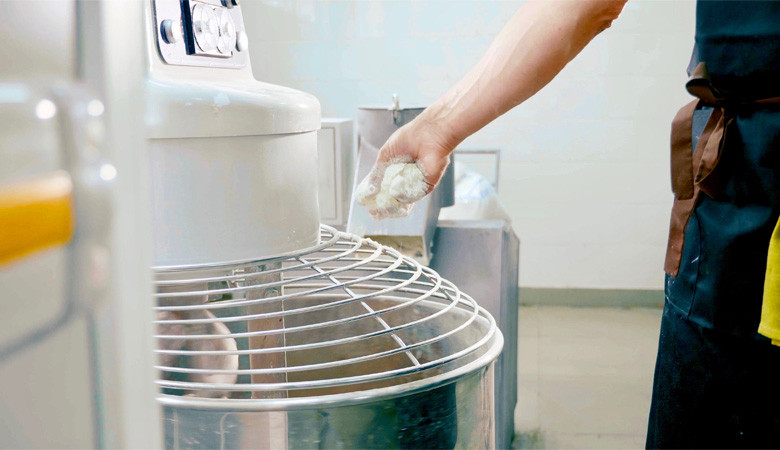
Lavagem Industrial / ArtigosArtigos
Bakery industry: complete guide to washing solutions
Washing is a key part of the bakery industry. Find out how to choose the best washing solution.
Postado em 2022-06-09

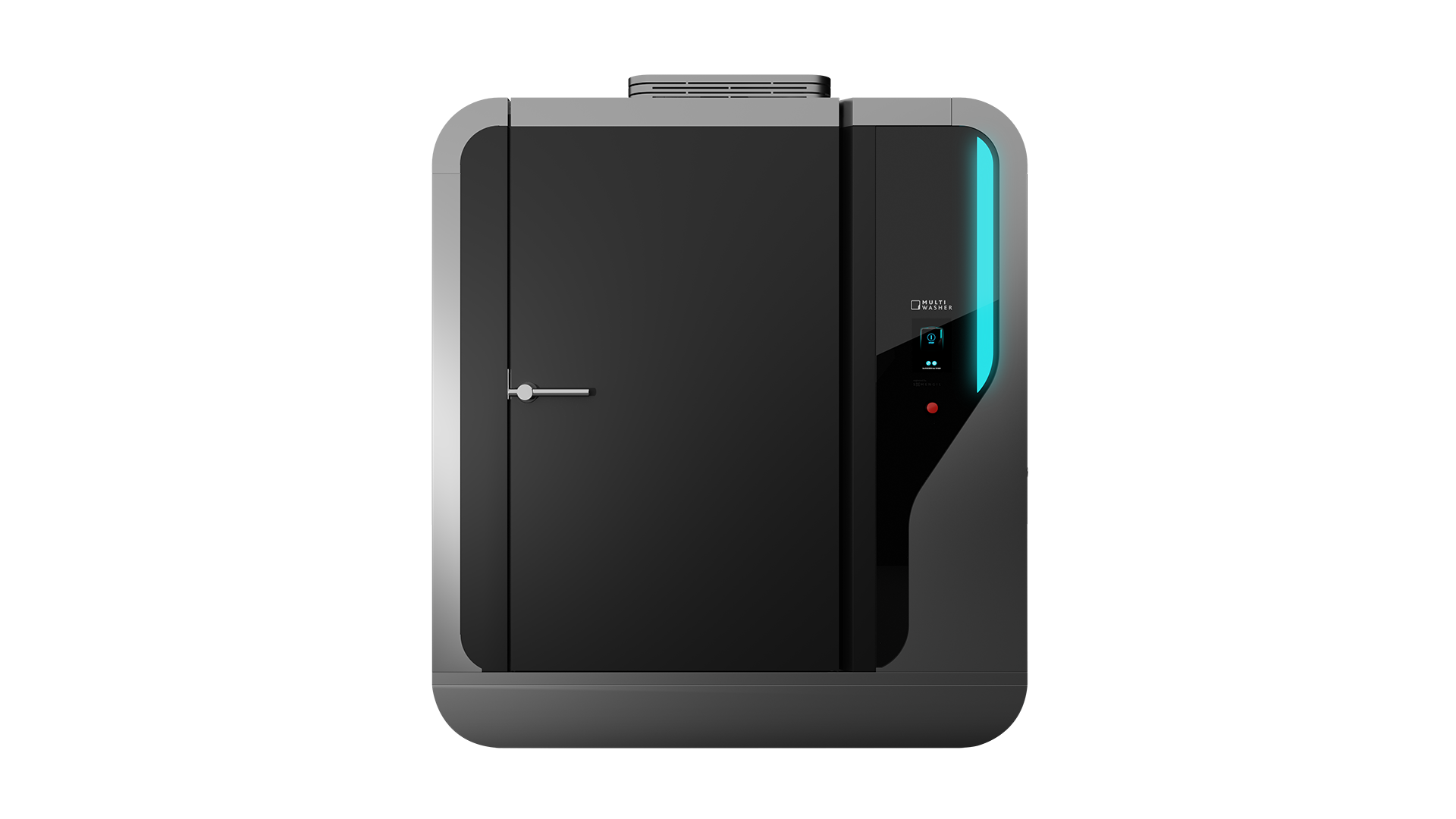
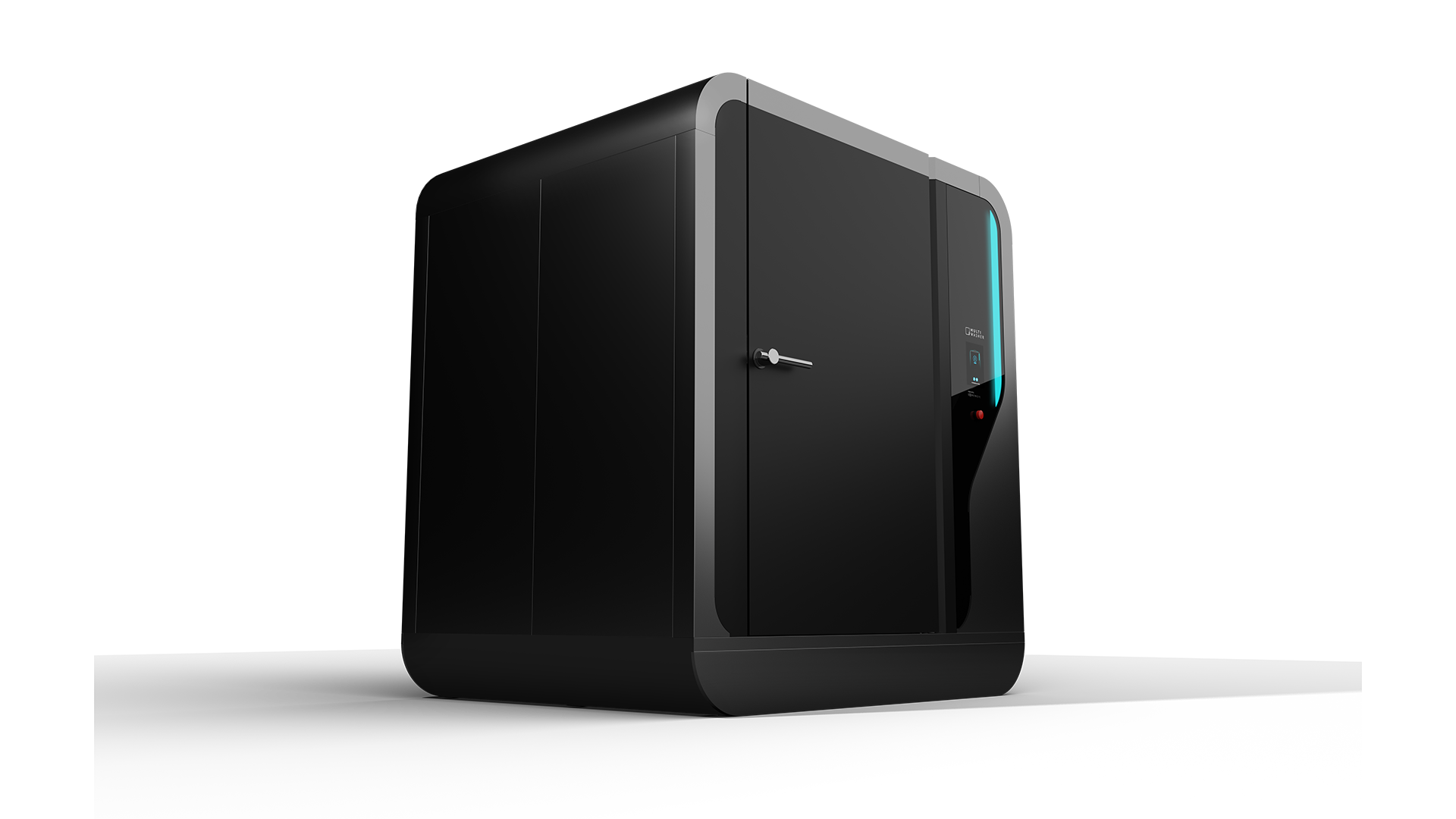
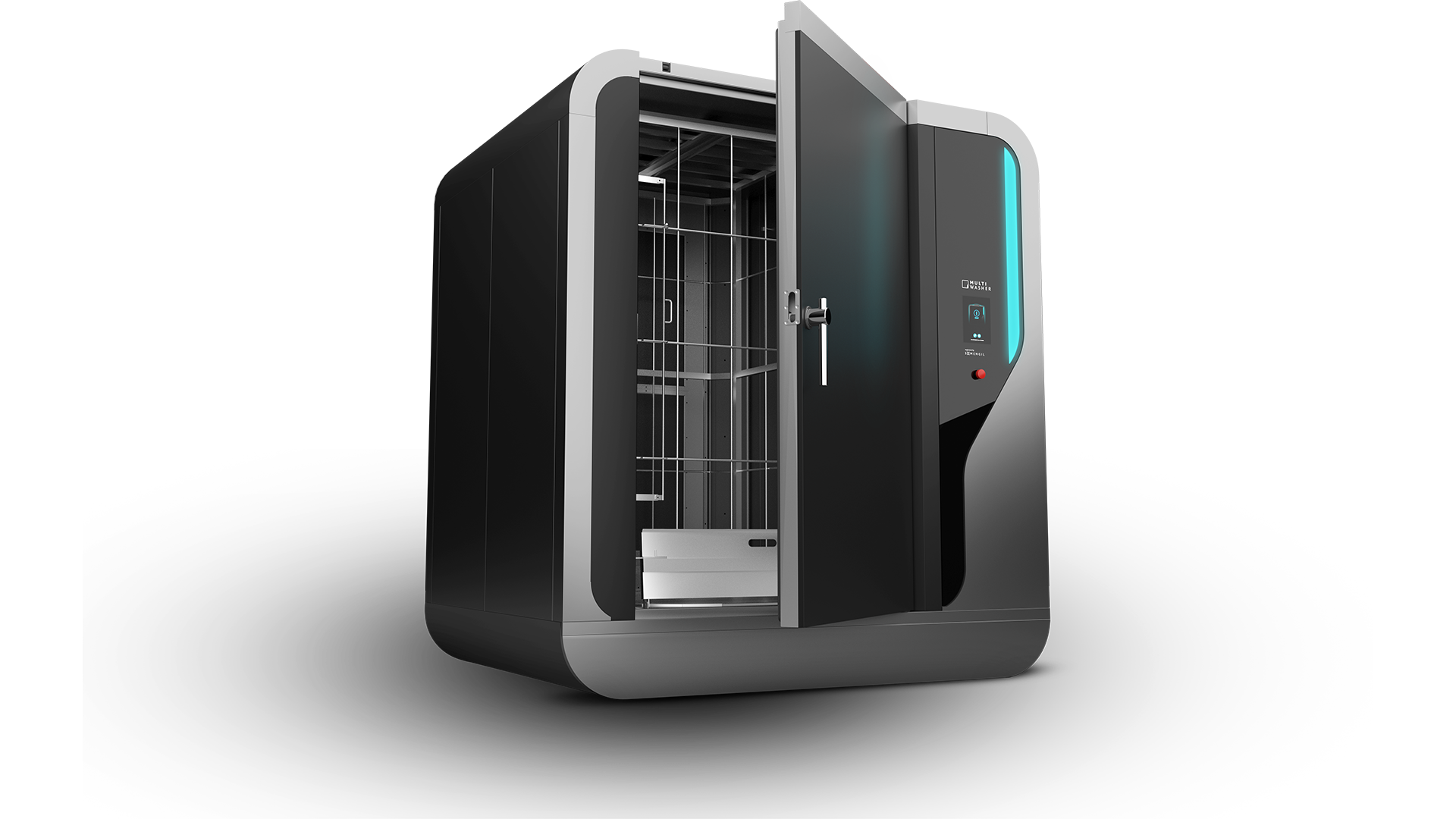



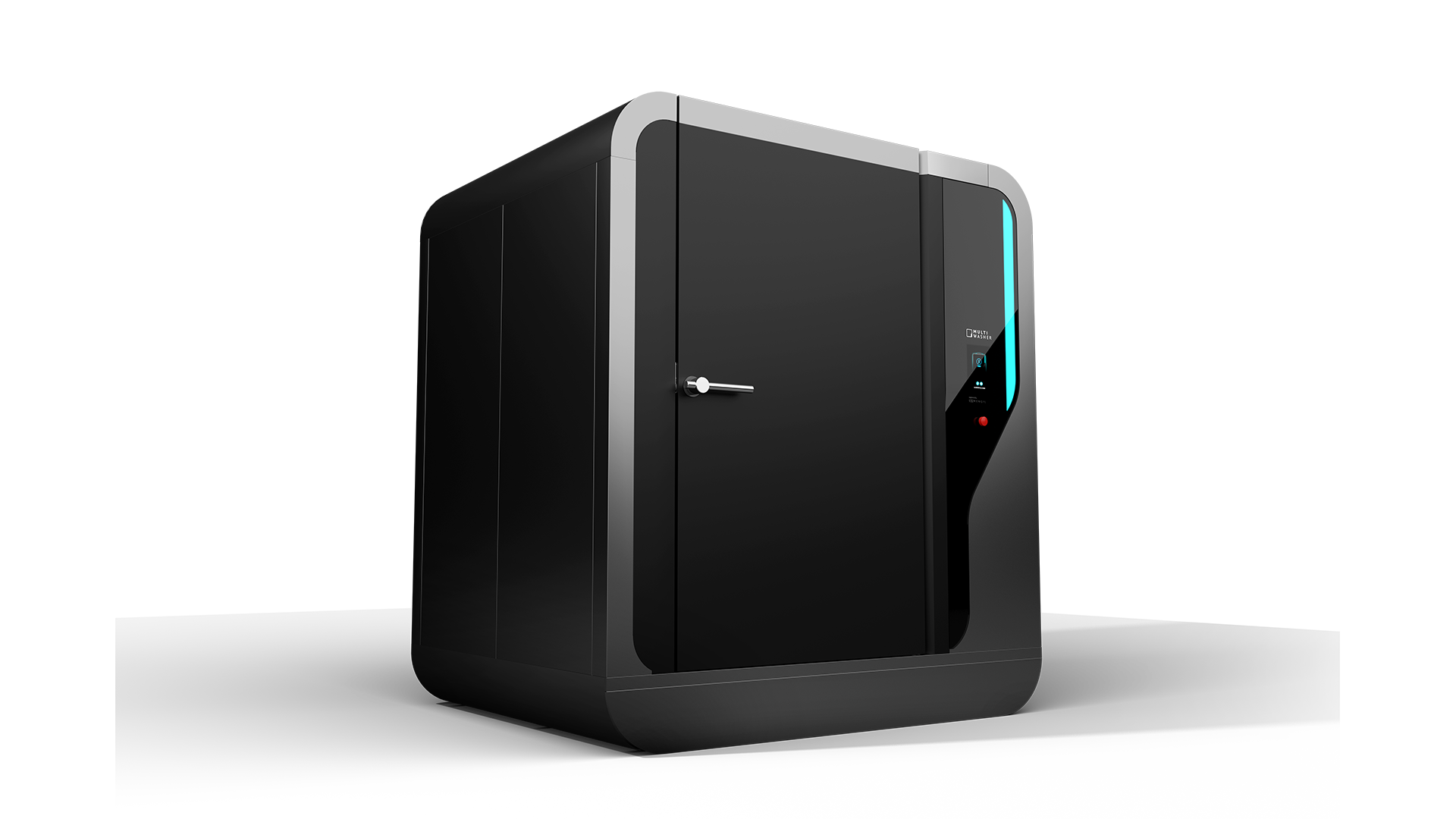
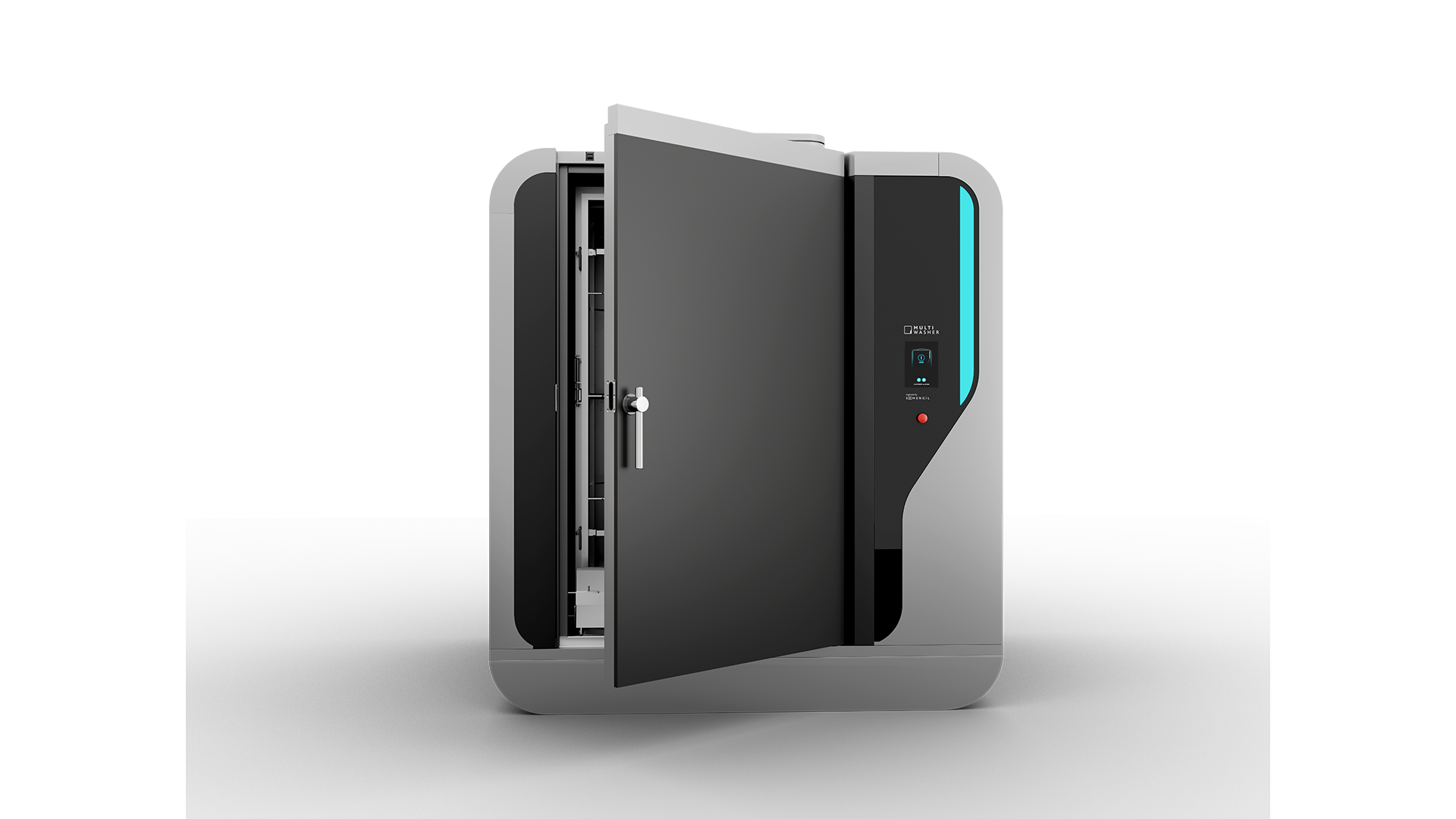
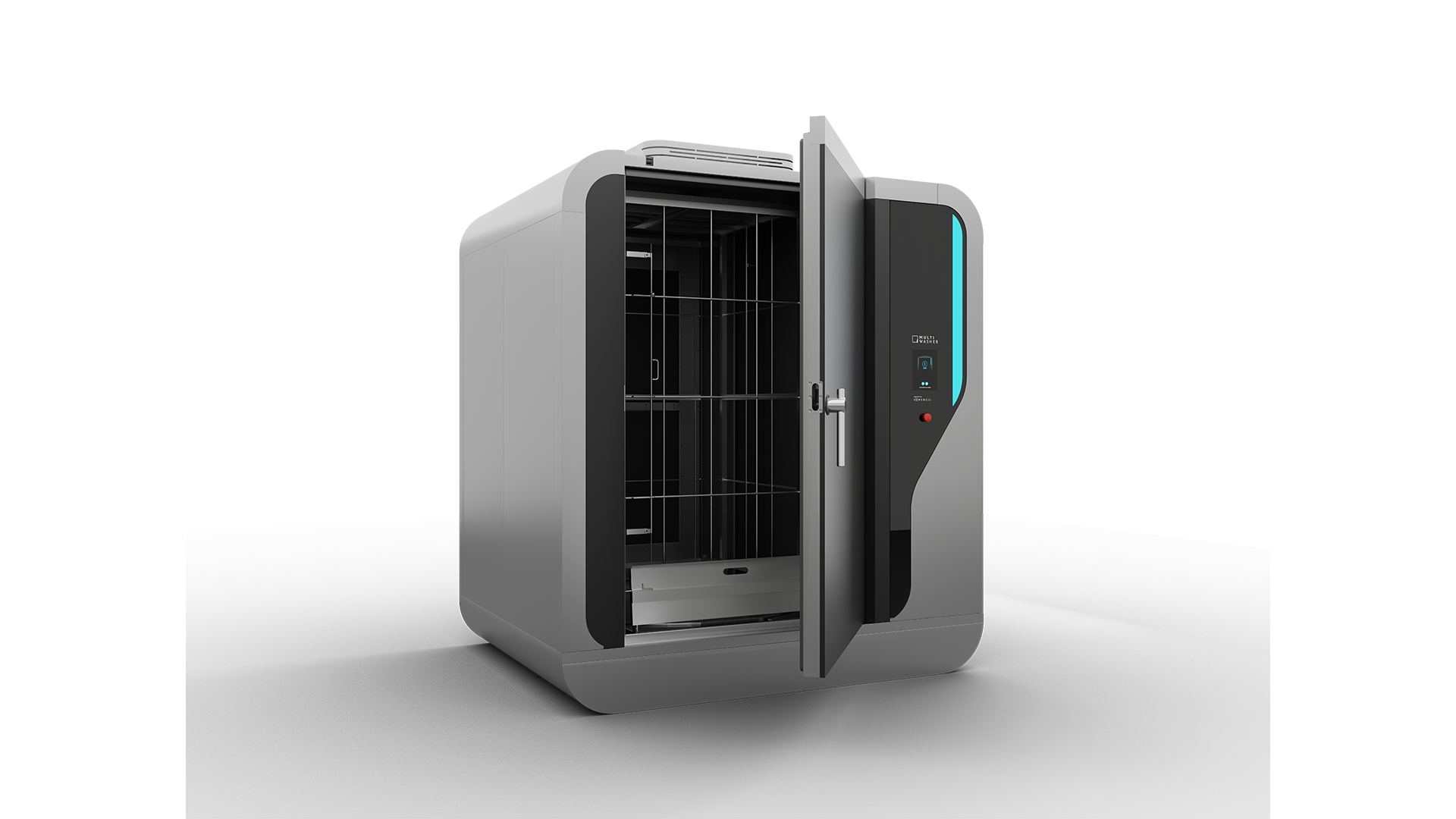
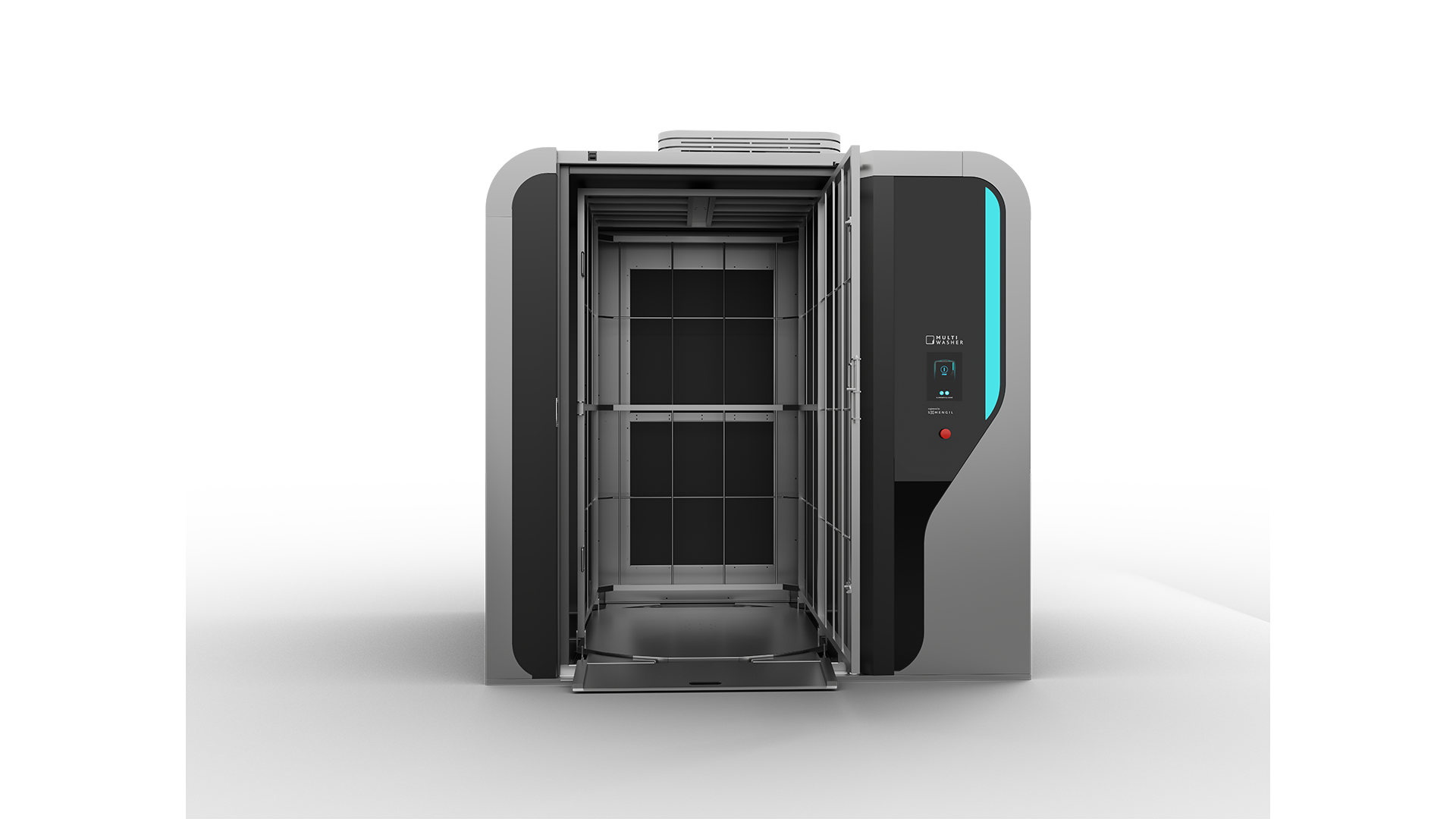
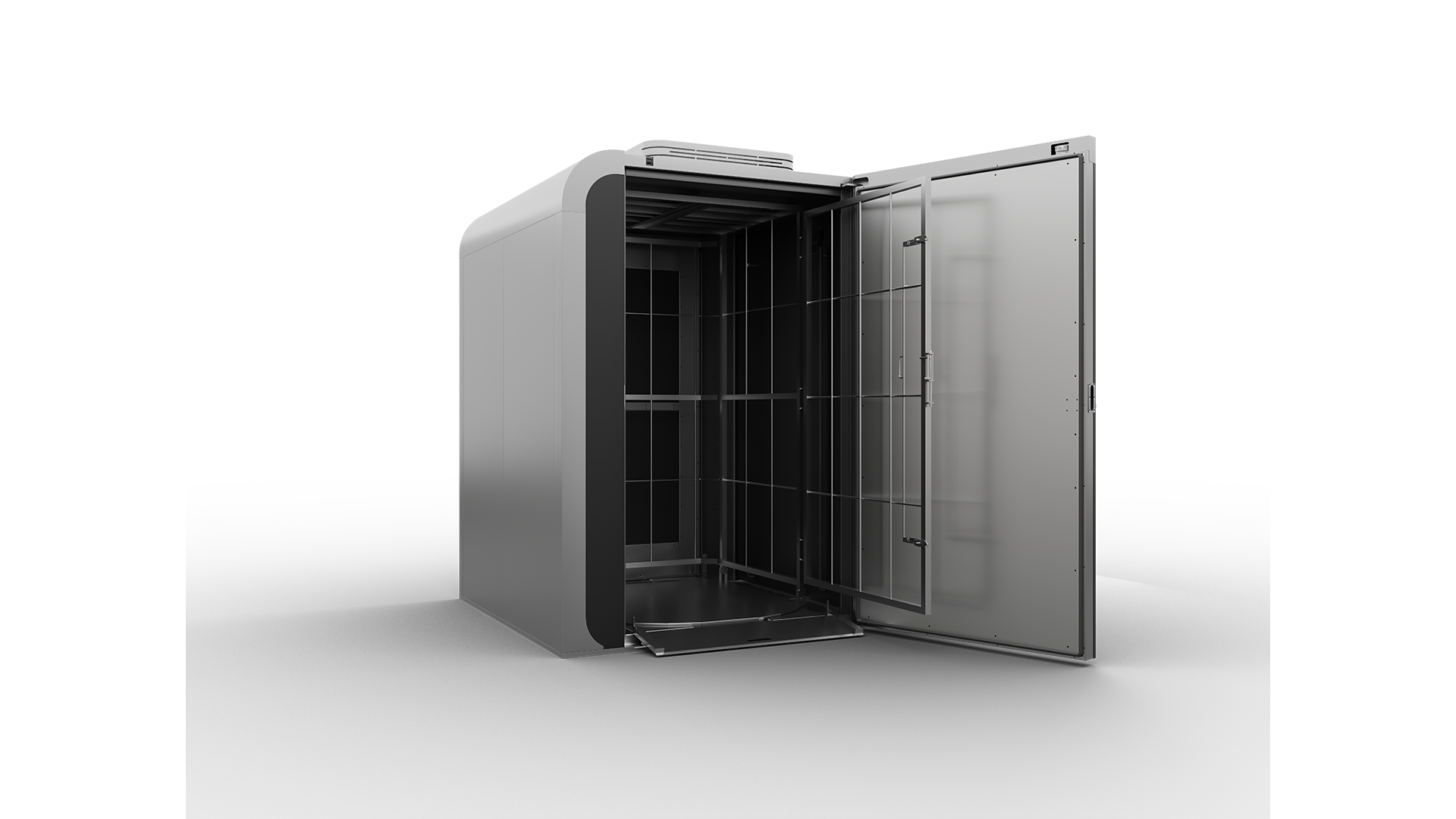
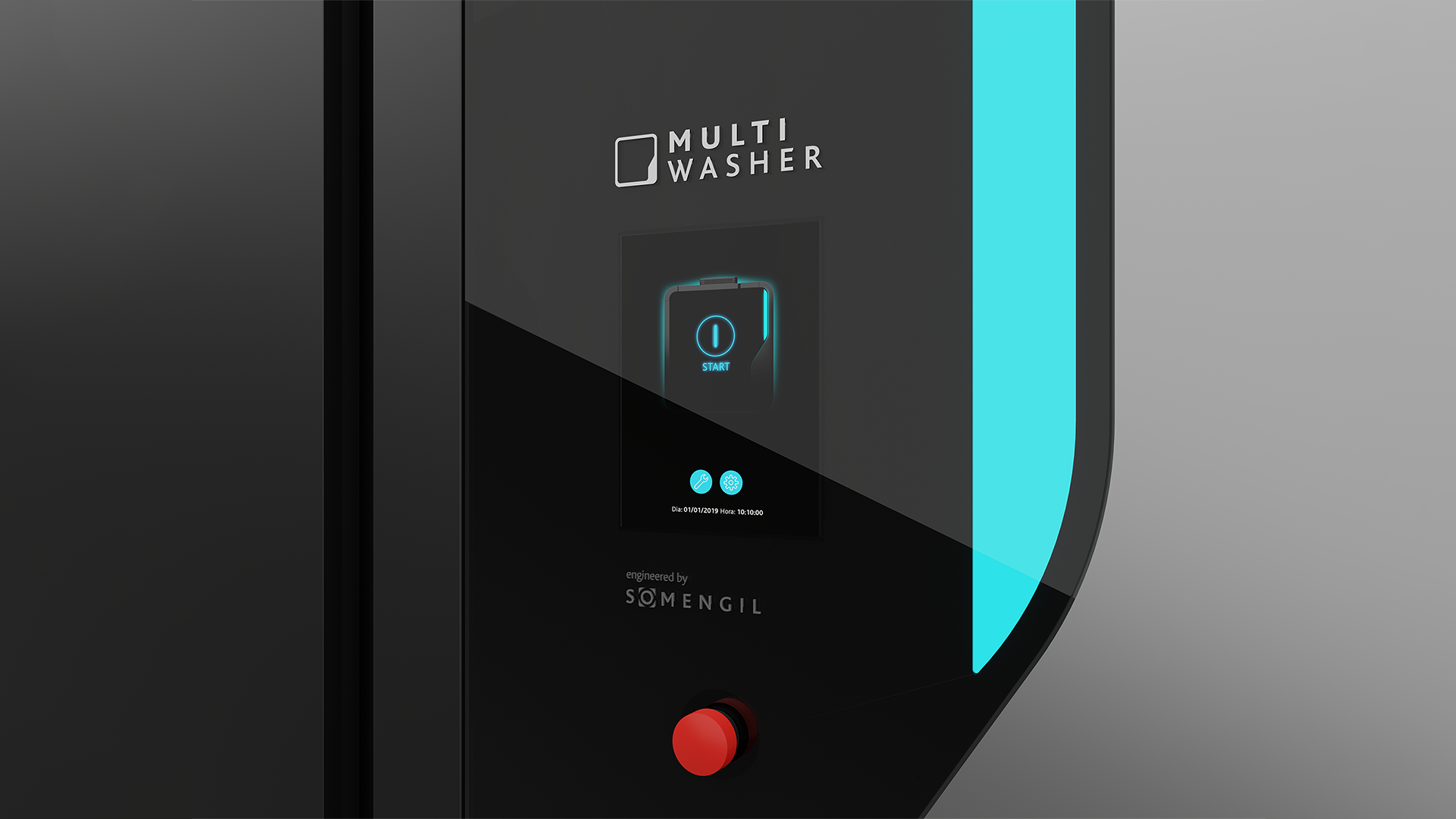
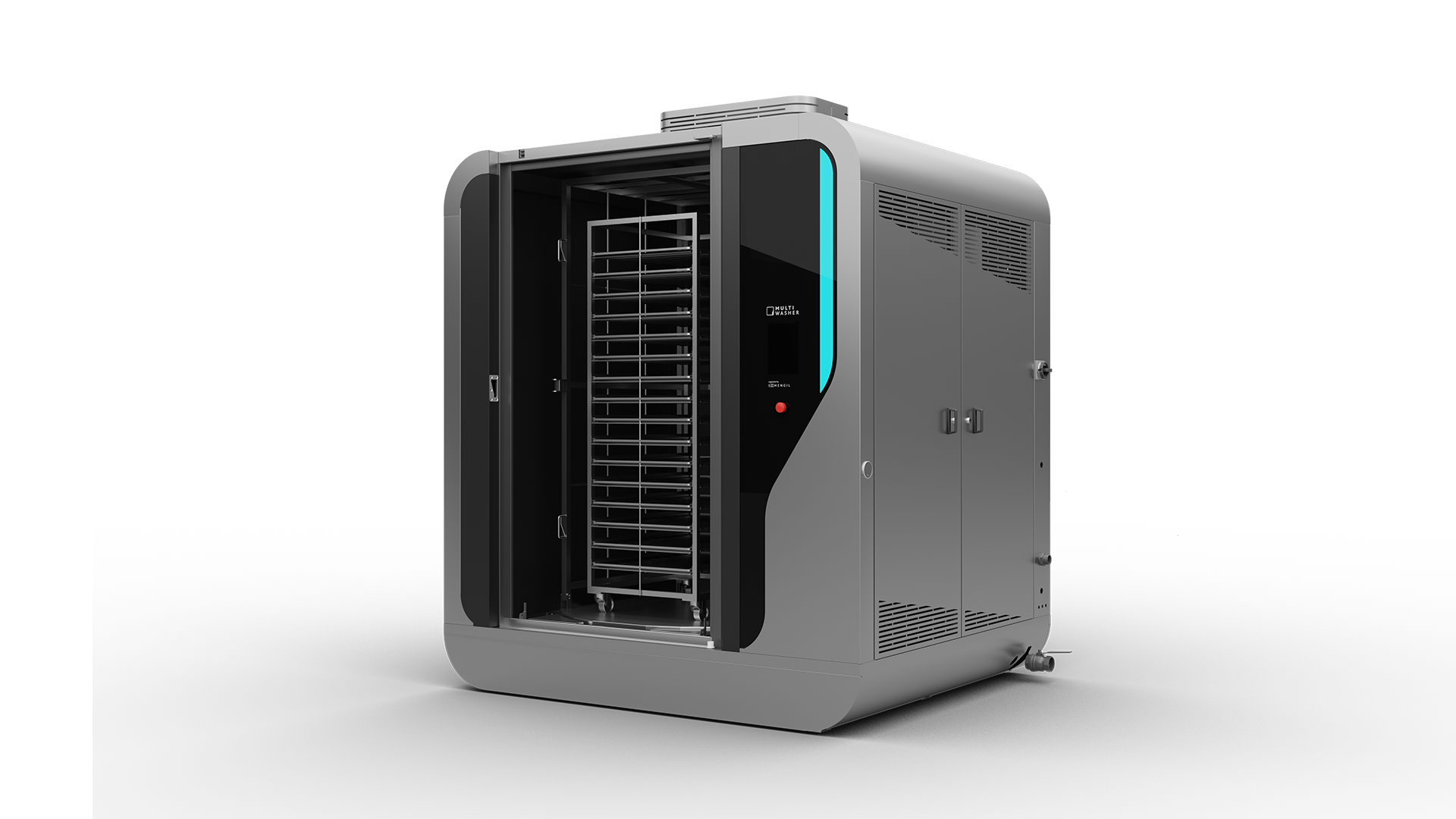

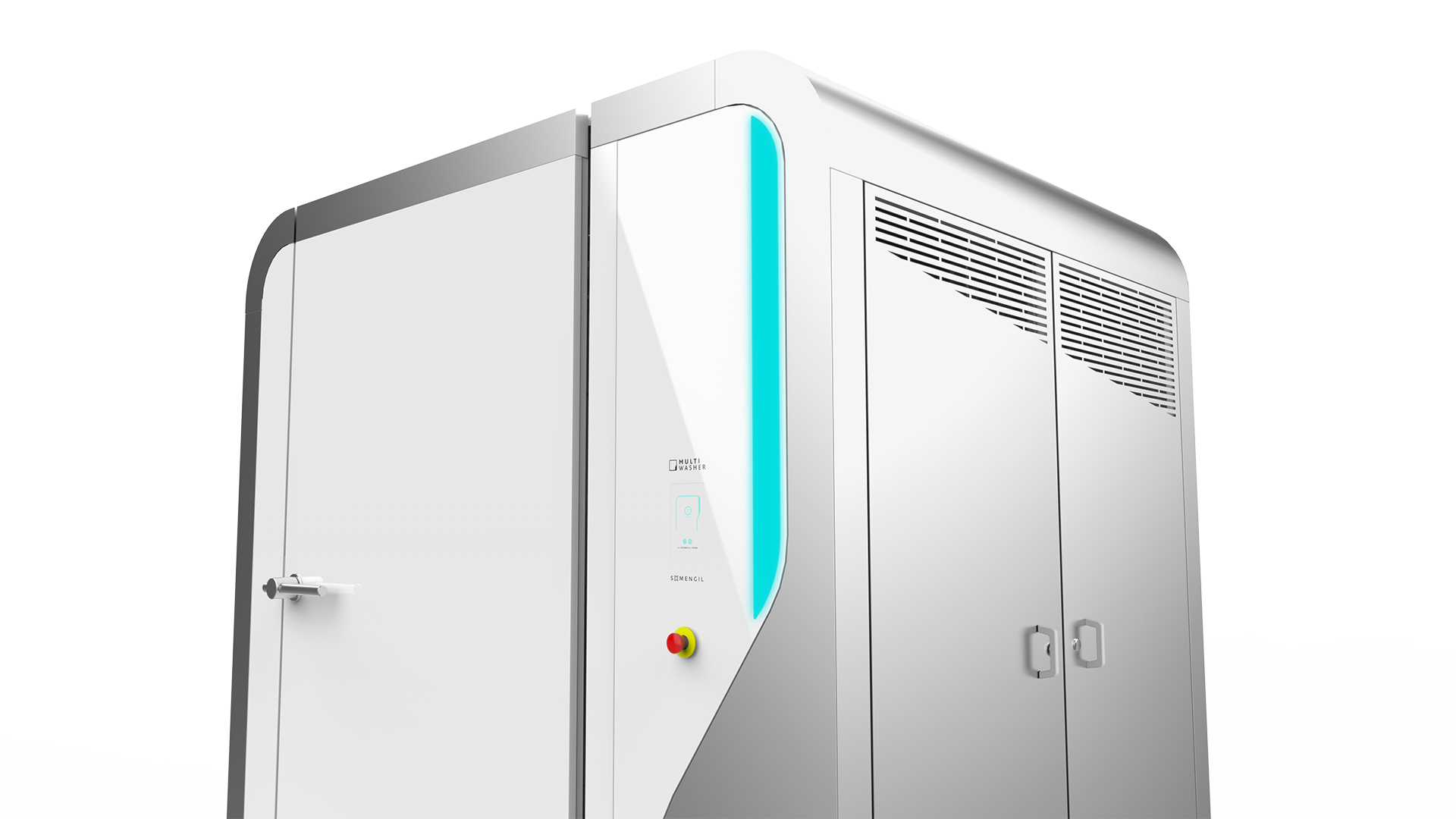

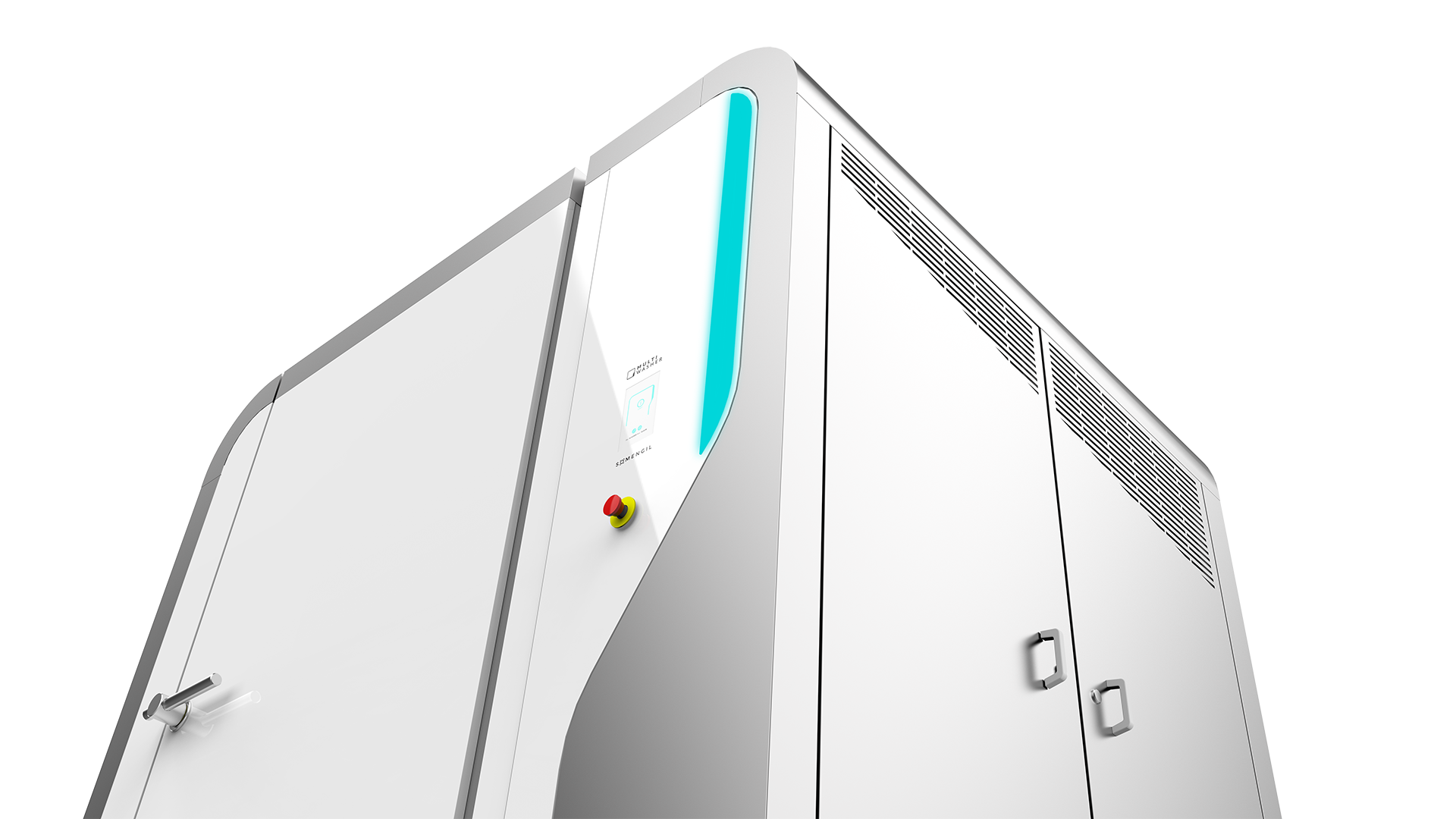
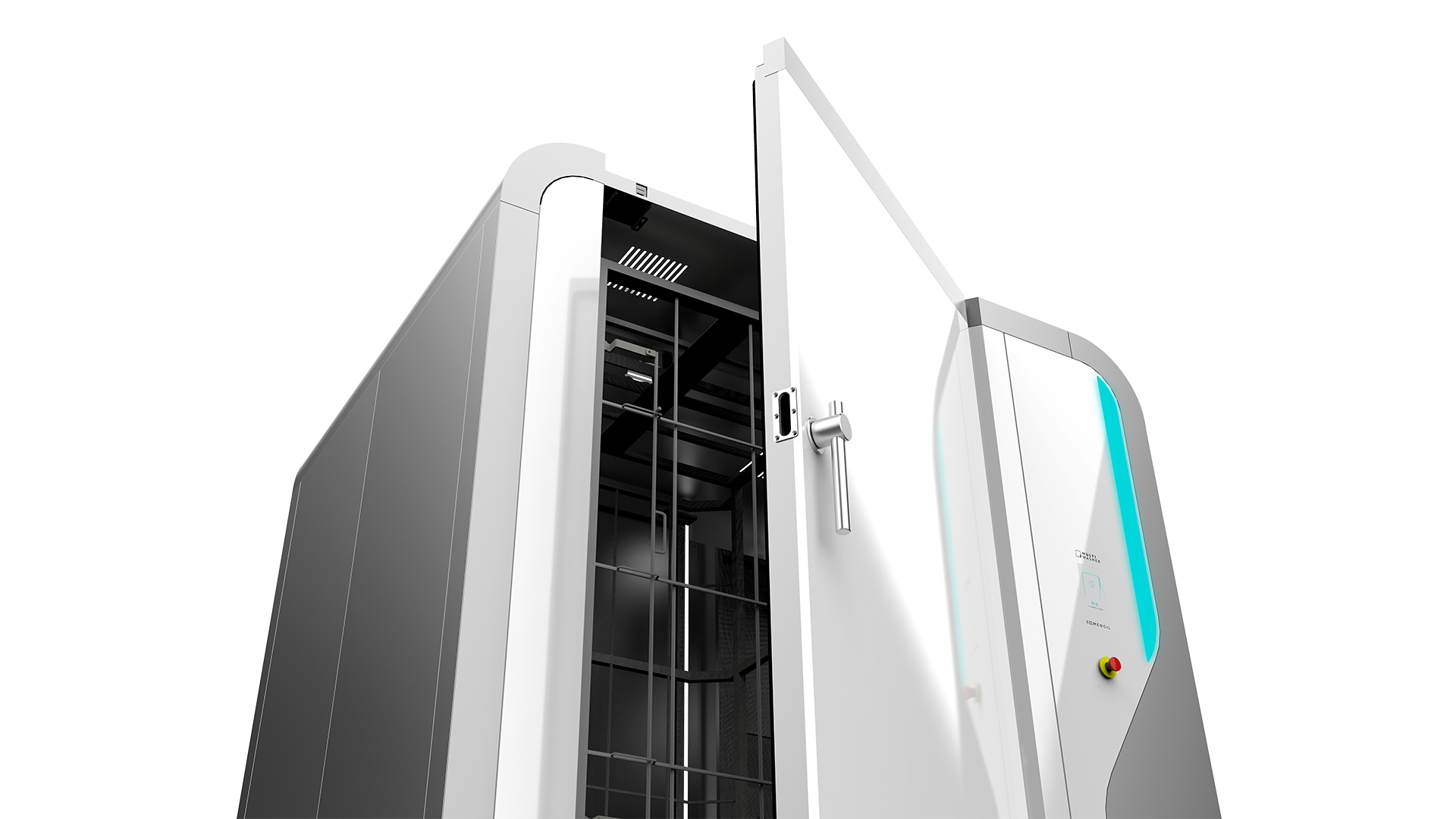
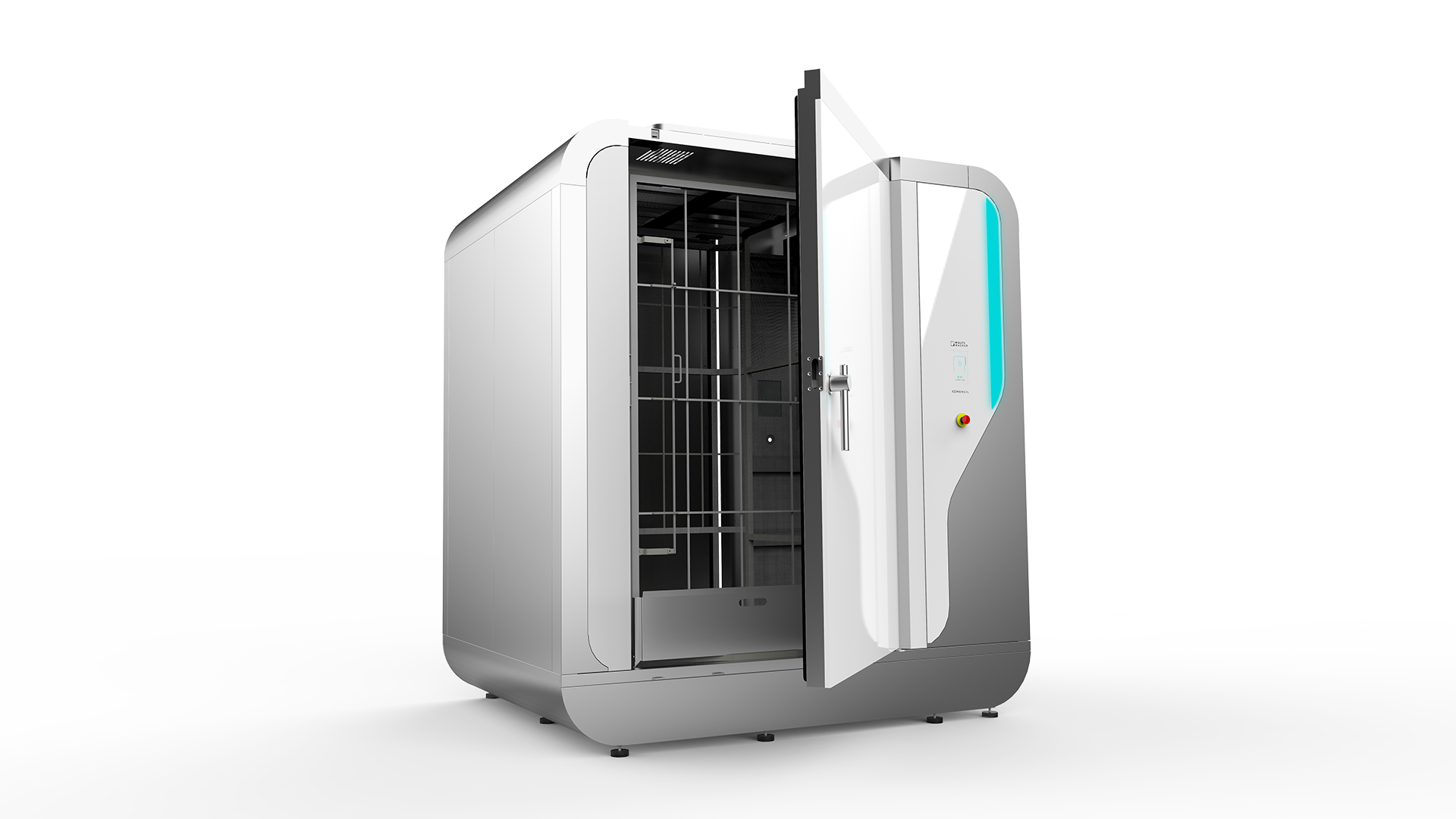
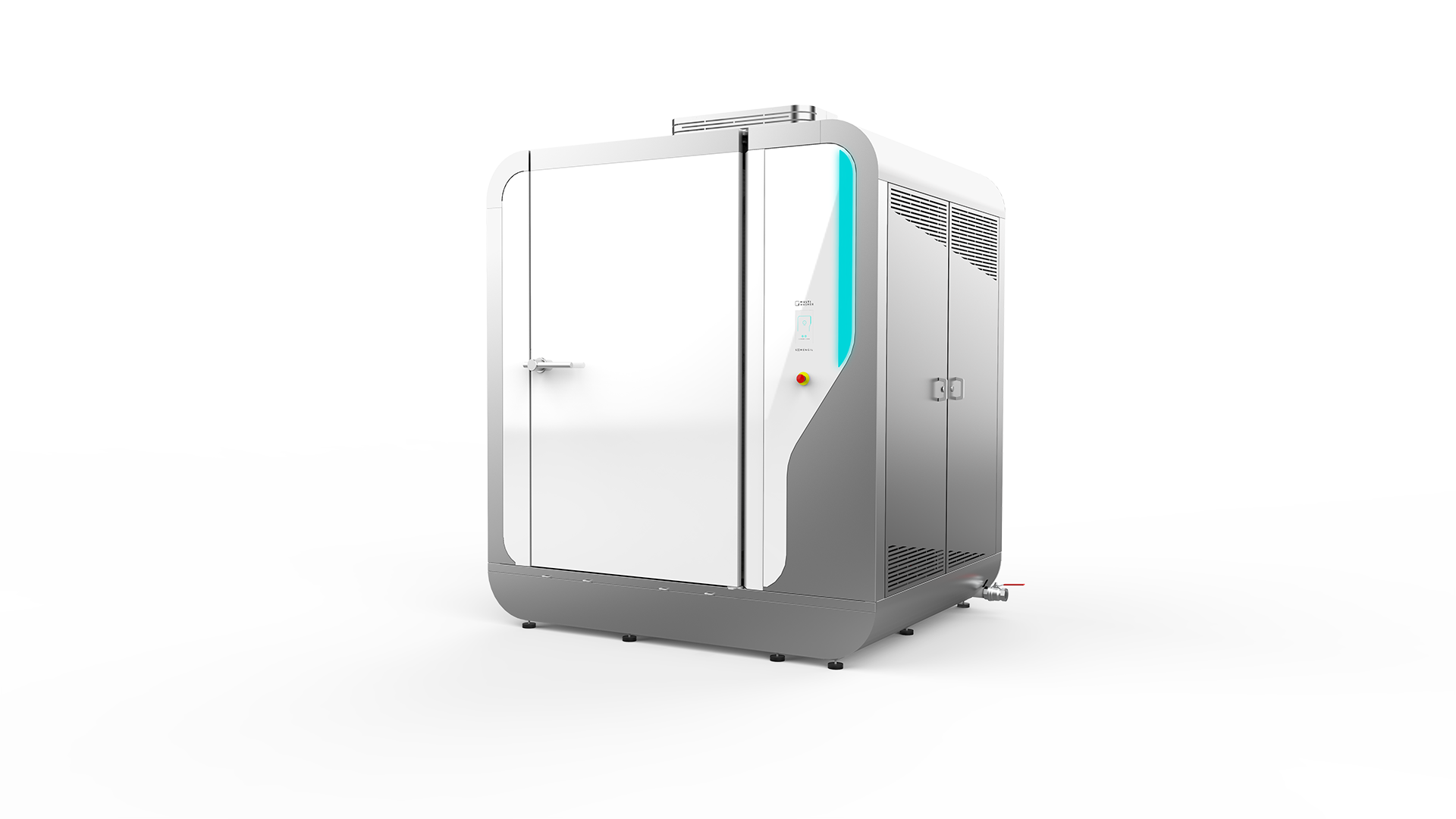
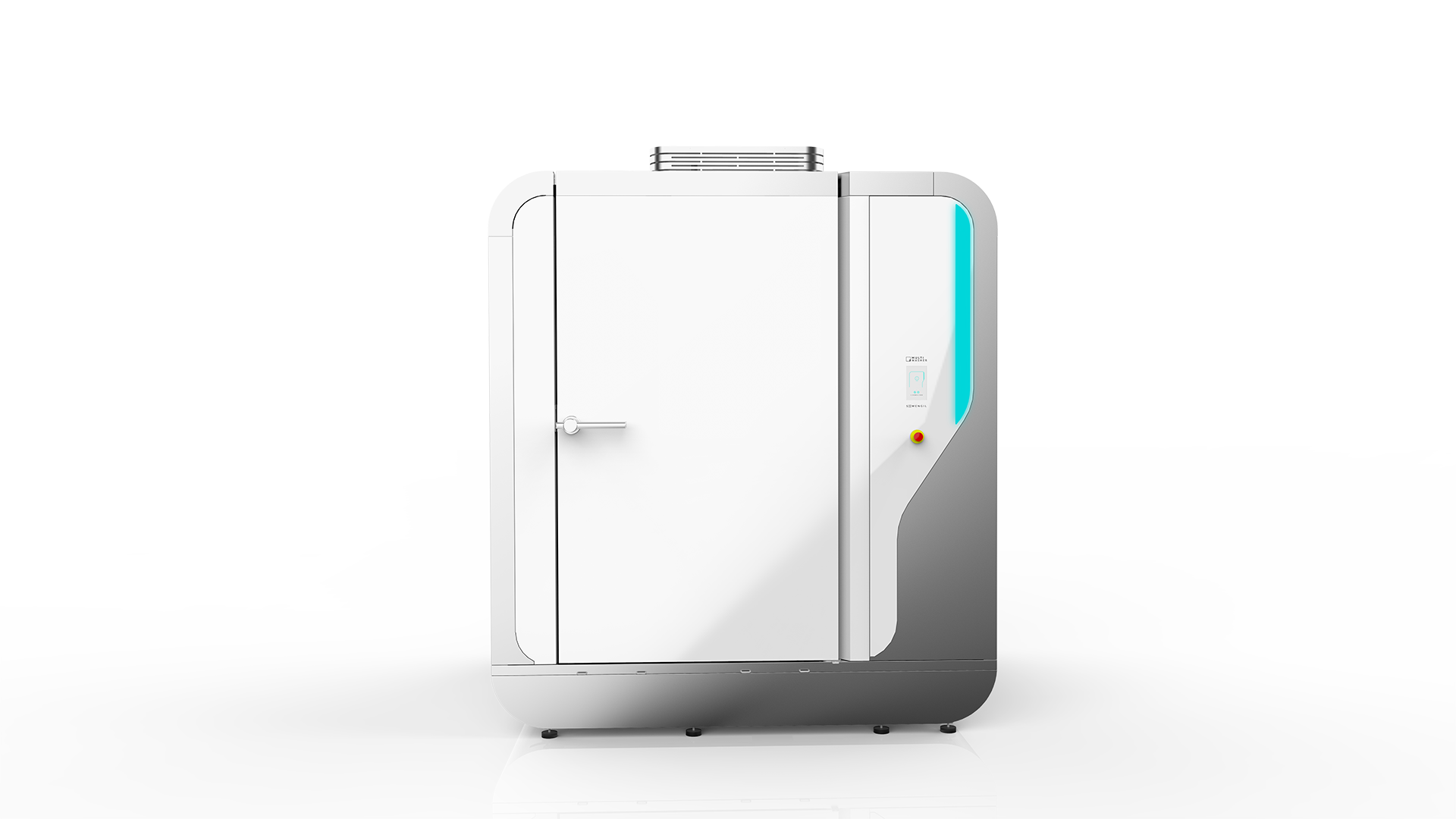
 Português
Português English (UK)
English (UK) English (USA)
English (USA) Français
Français Español
Español Deutsch
Deutsch